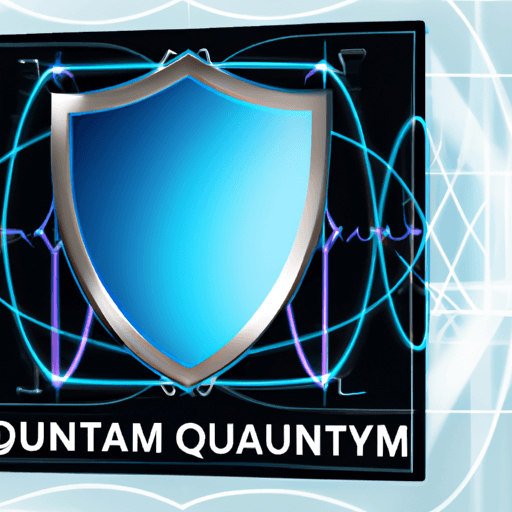An Examination of Quantum Computing & Its Impact on Data Security
As technology evolves at an exponentially rapid pace, the realm of quantum computing emerges as a new frontier filled with numerous possibilities and challenges. While it is being hailed as the next big thing in the field of information technology, it's critical to evaluate this transformative technology's potential risks too, especially in terms of data security.
Understanding Quantum Computing
At its core, quantum computing revolves around the principles of quantum mechanics. Unlike classical computers, which rely on bits to process information, quantum computers use quantum bits, or qubits. While a traditional bit can exist in one of two states: 0 or 1, a qubit can exist in multiple states simultaneously, thanks to a property known as superposition. Furthermore, qubits can be entangled, meaning the state of one can instantly affect the state of another, regardless of the distance between them, a concept known as quantum entanglement.
The Benefits and Drawbacks of Quantum Computing
Pros
Quantum computers promise exceptional computational speed and capacity, well beyond what is currently possible. Such machines can solve complex problems, conduct complicated simulations and crunch big data in nanoseconds compared with the days, weeks, or months it would take for even the most advanced classical computers.
Cons
Despite its numerous benefits, some challenges impede the widespread adoption of quantum computers. These include delicate environmental conditions needed to maintain qubits, the difficulty of error correction, and, importantly, the profound impact on data security.
Quantum Computing and Data Security
While quantum computing promises unprecedented computational power, it also has potential to break traditional data security measures. In particular, quantum computers could eventually crack the cryptographic codes that underpin much of today's secure online communication, exposing sensitive information to cyber threats.
Common encryption techniques, encryption keys, and signature validation all stand at risk in the face of quantum-powered decryption. For example, RSA, one of the most popular security algorithms, might lose its reliability, as its strength lies in its ability to factor large numbers - a task quantum computers can perform extremely efficiently.
The Evolution of Data Security in The Quantum Computing Era
As the quantum menace looms, researchers and technologists alike are exploring what future data security measures should look like. Quantum-resistant algorithms are being developed to replace the current cryptographic protocols. Moreover, quantum key distribution (QKD) is another promising defense method that utilizes quantum properties to exchange encryption keys securely.
While it remains to see how exactly quantum computing will shape the future, one thing is clear: its arrival will significantly reshape our understanding and approach towards data security. As we embark upon this new frontier, strategic foresight, robust preparation, and continuous innovation are required to harness the full benefits of quantum computing while mitigating its potential risks.
















Comments
Leave a Comment